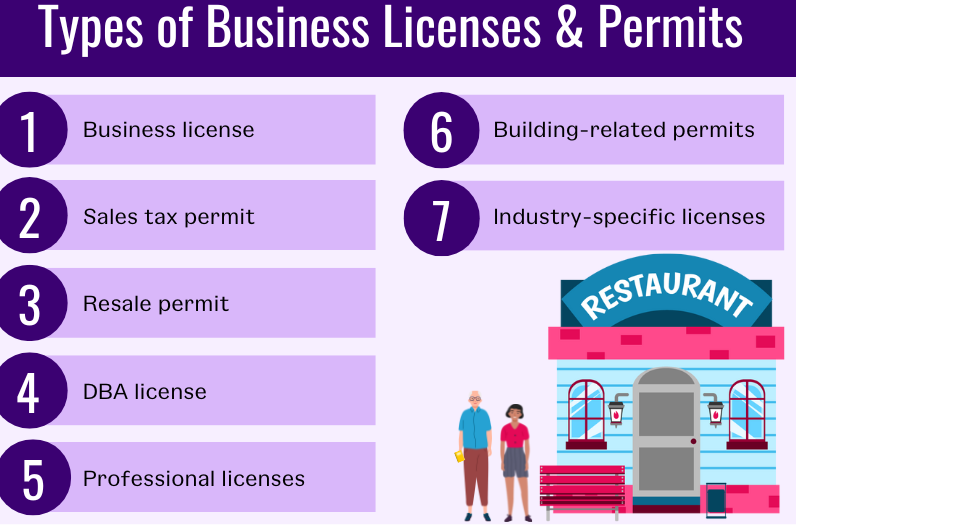LLP without partnership agreement
LLP Without Partnership Agreement LLP without partnership agreement Although there may be no legal obligation to establish a partnership agreement for an LLP in certain jurisdictions, it is strongly recommended to have such an agreement in effect. A partnership agreement helps clarify the rights, responsibilities, and expectations of the partners, and it provides a clear… Read More »









